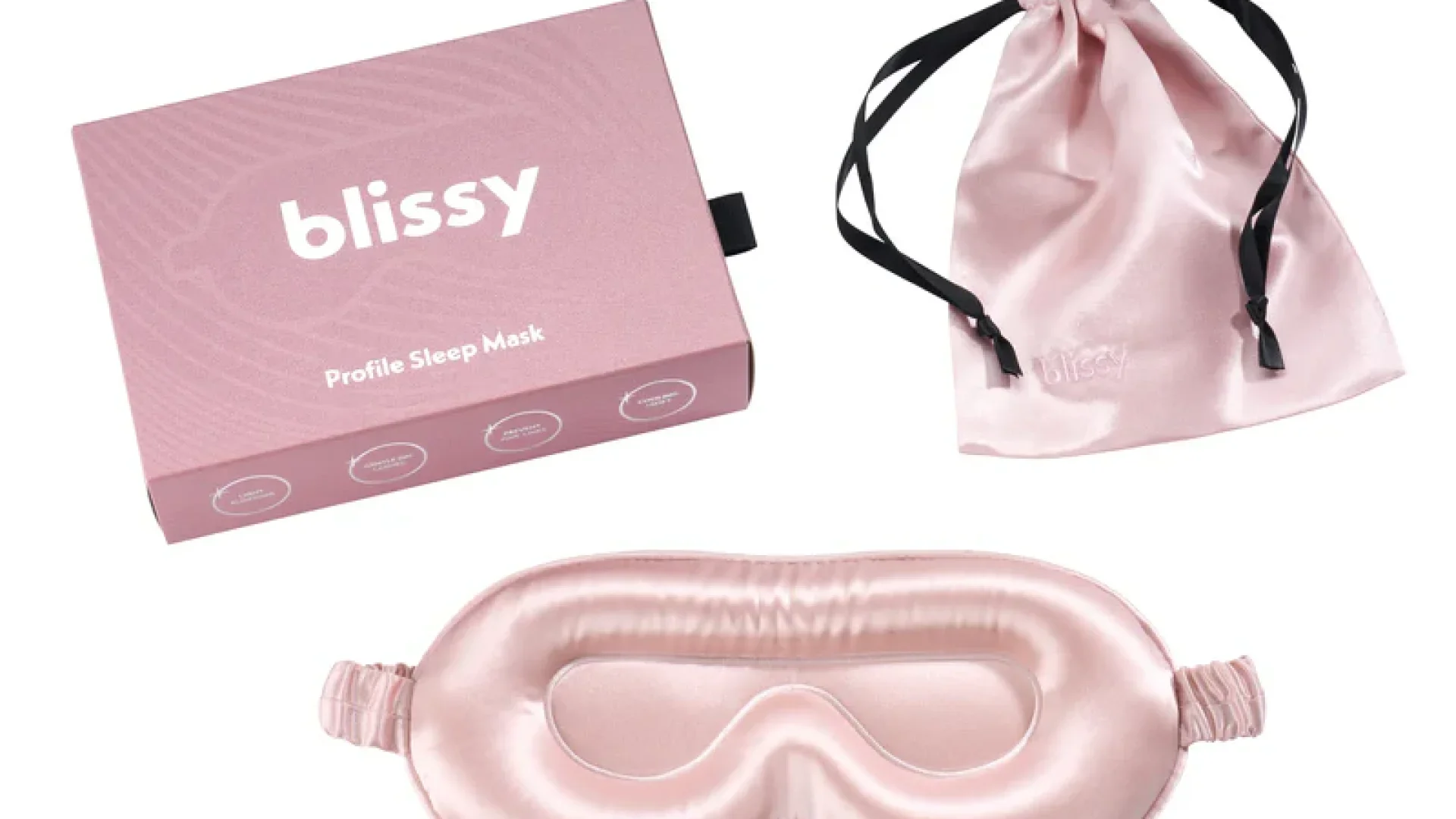Don’t believe the hype: breast cancer doesn’t discriminate. The American Cancer Society estimates that in 2009 about 1,910 new cases of invasive breast cancer will be diagnosed among men in the United States. After an early diagnosis, actor Richard Roundtree, better known as the world’s beloved Shaft, thought he might become a statistic before he became proactive in his treatment. Fast forward 16 years later and you’ll find the Hollywood vet quite vocal about his breast cancer survival story as he encourages others to pay attention to their health. On October 11, Roundtree will costar in TV One’s “Komen Breast Cancer Special” to help raise awareness about this deadly disease. Here, the acting legend shares his story with ESSENCE.com.
I was diagnosed with breast cancer in 1993. I’m blessed because I’m somewhat of a hypochondriac, and while I was taking a shower in Costa Rica I felt this lump. I knew it wasn’t ordinary, so I finished work about a week later and had my doctor check it out. He said it’s nothing to worry about but let me stick a needle in it anyway. Three days later I received the we-need-to-talk call that immediately sent up red flags for me like crazy. When he sat me down and told me I had cancer so many things went through my mind but the first was, “Wait, did he just say I had breast cancer? That word scared the beejeezus out of me! I couldn’t relate and I thought he was questioning my manhood because women die from this, not men. How could I possibly have that? But I soon learned that this disease is not gender-based. And then I thought about my family. I had young kids. What’s going to happen to them? This was not supposed to be part of the script.
The realization that a lot of women who have breast cancer leave here was frightening and sharing it with my then wife—all I could think was, how was she going to react? Thank God she was very stoic and said we’ll get through this. My second thing was, I knew somebody I could talk to that had some very special connections and that was my dad, who was a minister. I called him up and told him what the deal was and all he said was, “Let the doctors do what they have to do but it’s handled; we got this.” My dad is no longer with us but he had a direct connect to the Big Guy upstairs and I knew I was going to be all right.
Ironically, my only trepidation was sharing my condition with anyone in Hollywood because the industry doesn’t like sick people. I was never concerned about telling any of my male friends, but the industry, yes, so I never let on and I never told anyone until I was cancer-free and a five-year survivor. But, man, you talk about tap dancing—I perfected it even when I was filming “Dr. Quinn, Medicine Woman.” I played a bare knuckle fighter and they wanted me to do the scene shirtless. Well, my mastectomy left me with a permanent scar that runs from where my left nipple used to be to way back underneath my armpit, and it ain’t pretty. I also had a questionable lymph node removed. Of course, I convinced them that it was too cold for me to go shirtless and they agreed to put me in a T-shirt. I got by that time but I did a lot of tap dancing to hide my illness.
The funny thing is you never really get used to having a scar. I’m cognizant of it but it’s not like I’m parading around public swimming pools, but if it necessitates me taking off my shirt it’s pretty daunting to have to deal with. Luckily I’m not called on to do love scenes—those days are pretty much behind me (laughs), but it’s the truth. If I’m dating a young lady, I’m very upfront about it because I don’t know how you tap dance around that.
One of the things I stress in my speeches is to get more than one diagnosis. There are at least 1100 to 1500 men who die every year from breast cancer. Although that number is far less than women who die from the disease, it’s still pretty high, so I stay on my daughters about health issues and what’s going on with their bodies because of my personal history. I stay on top of my diet and exercise as much as I can—it’s no joke and everyone should.





